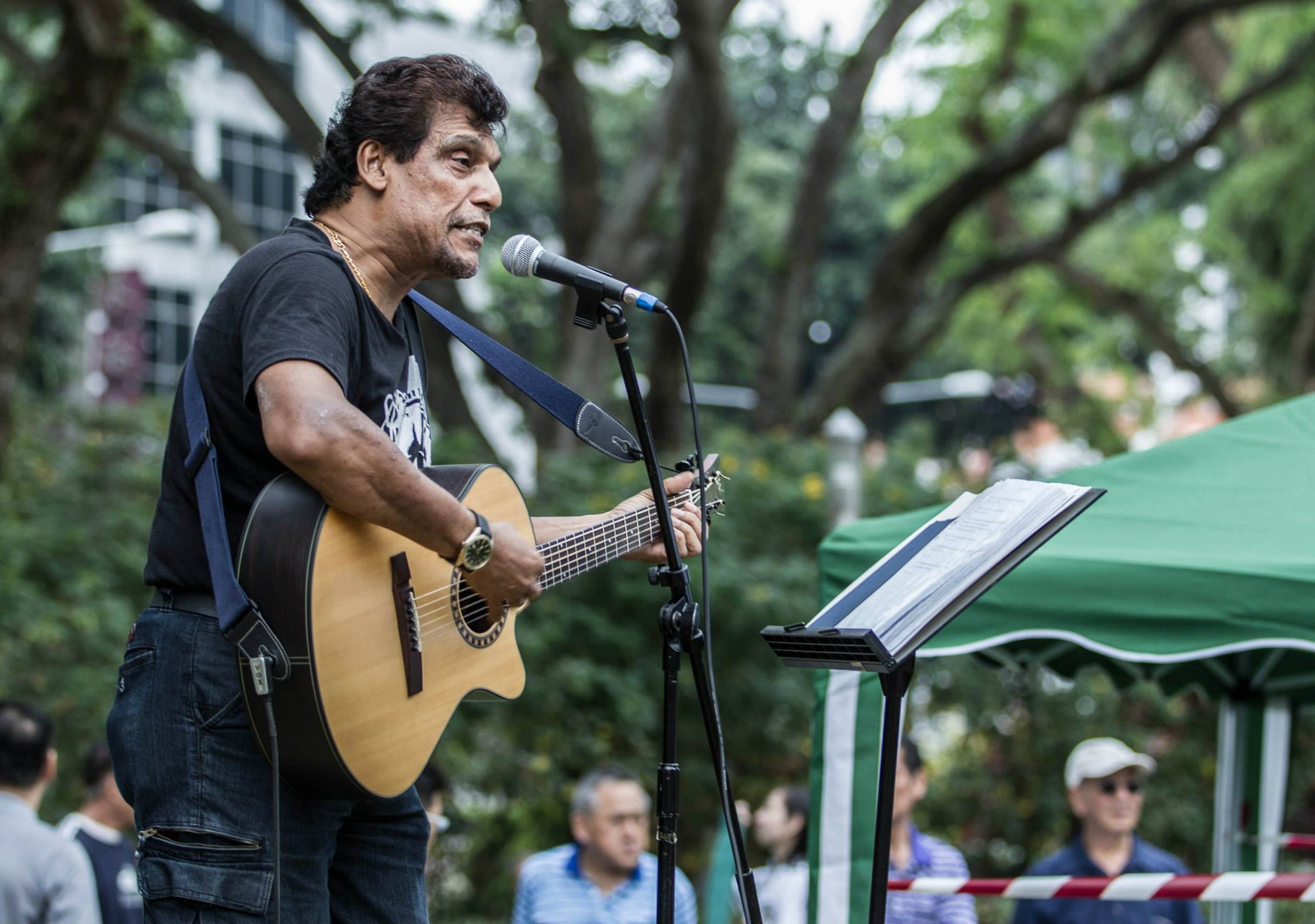
By Kirsten Han
Communal charging stations at HDB and condominium car parks. Quiet, low-emission electric and hybrid cars in the streets of Singapore, running at maximum energy efficiency for minimum cost. Could this be the future for the city-state?
This is what a new $1.3 million electromobility research programme jointly launched on Monday by automobile manufacturer BMW Group and Nanyang Technological University (NTU) is hoping to find out. The programme will be conducted at the Future Mobility Research Lab launched by the two parties in 2013.

“Singapore is arguably the perfect place for electromobility,” said Axel Pannes, Managing Director for BMW Group Asia. “Given its size, population density, urban landscape and tech-savvy population, Singapore bears the perfect conditions for electromobility to thrive in, and naturally for research of it to be conducted.”
“Singapore is well-positioned to capitalise on these transitions, given our vision to become a smart and sustainable city, coupled with our comprehensive public research and development ecosystem in urban mobility,” said Minister of State at the Ministry of Trade and Industry Teo Ser Luck.
BMW has provided the research lab with two electric/hybrid vehicles, the i3 family car and the sleek i8 sports car, on which to conduct their tests. These two cars are already available on the market; according to Dr Felix Klanner, director of Future Mobility Research at NTU, there are already about 80 BMW electric cars zipping about Singapore’s roads.
Yet there’s a long way to go before e-vehicles become more widely adopted. For that to happen, easy access to charging stations are key. There are actually already about 50 charging stations dotted around the island, yet their locations are not widely known.
“It’s one of the main concerns for people considering electric cars. They are always afraid that they are going to run out of charge. It takes quite a big mindset change from driving cars that run on petrol,” said a driver tasked with taking journalists and other attendees of the launch on test drives in the i3.
While owners of e-vehicles can install their own charging stations at home, the problem becomes more complicated when their cars need to be parked in the communal car parks of HDB estates and condominiums. The challenge then is to convince town councils and condominium managements to add shared charging stations to their car parks.
As it stands, it takes up to six hours for a car like the i3 to get fully charged. Researchers are working on more advanced batteries and faster – even wireless – charging capabilities, but admit that it would be at least five more years before improved batteries can be installed in e-vehicles.
Batteries aren’t the only thing that the lab’s team of academics, scientists and students are working on, though. Also in the pipeline are systems that will enhance the driving experience, such as sensors that can detect when the driver is getting tired, or apps that accurately calculate not just travel time, but how it will take to find parking.
The technology is still very young, yet all at the Future Mobility Lab seem optimistic, dreaming of a future of silent, clean cars charging wirelessly while stopped at traffic lights.
With the launch of this new research programme. Dr Felix Klanner, director of Future Mobility Research at NTU, is excited about the future: “We still have a long way to go, but with 80 electric cars already out in Singapore, we’ve taken the first step!”





